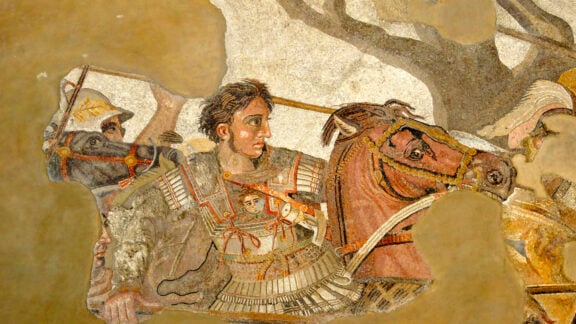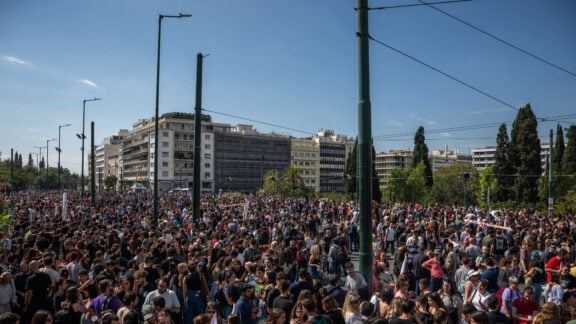According to data published by the European Defence Agency, 2022 was a record year for total European defence spending. In particular, EU member states invested a total of €240 billion for their defence needs, a significant increase of 6per cent compared to 2021. In fact, six out of the twenty-seven Member States recorded an increase of more than 10per cent in their defence spending between the two years, with one of them being Greece (+13.3 per cent); the other five Member States that made significant investments in their defence are Sweden (+30.1 per cent), Luxembourg (+27. 9 per cent), Lithuania (27.6 per cent), Spain (19.3 per cent), and Belgium (14.8 per cent).
It is worth noting that EU Member States invested a total of €58 billion in the development of state-of-the-art defence systems, with this amount representing an increase of 5.9 per cent compared to 2021. It should be noted that Greece was again in the top five countries in terms of the amount of investment in new defence technologies and state-of-the-art equipment, dedicating 42.6 per cent of its defence budget to this sector; the other top four member states were Luxembourg (53.5 per cent), Hungary (48.1 per cent), Finland (37.4 per cent), and Lithuania (34.8per cent).
However, despite this amount being a record in the history of the EU, its member states still invest – in total – less than 2per cent of their GDP in defence spending, failing to meet the common target agreed within NATO. It is recalled that this treaty is a source of constant complaints from Washington – and especially from members of the Republican Party – as voices in the US who argue that the EU is being served by the certainty of the US defence umbrella of protection, choosing – in effect – not to invest in European defence to the extent that it could. In any case, given that the Russian-Ukrainian war continues unabated, and that Donald Trump still retains a significant chance of election in 2024, the EU has decided to prioritise its defence sector.
As the High Representative of the Union for Foreign Affairs and Security Policy, Josep Borell, noted that the 2022 record “demonstrates the commitment of EU Member States to European defence”, but the Union “still lags behind other major powers in terms of defence investment”, while calling for more cooperation between Member States on European defence. It is recalled that the first exercise of a joint European military force took place last October, at a time when discussions on strengthening European defence independence from the EU are becoming increasingly topical in the current political climate.
In any case, Greece is among the few EU countries which invest more than 2per cent of their annual GDP in their defense, which has earned Athens much praise from Washington and Brussels. The task, now, for the Greek government is to modernize the Hellenic Armed Forces as much as this is possible, to solidify both Greek and European borders.









